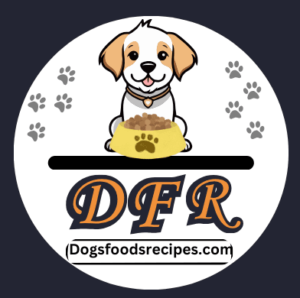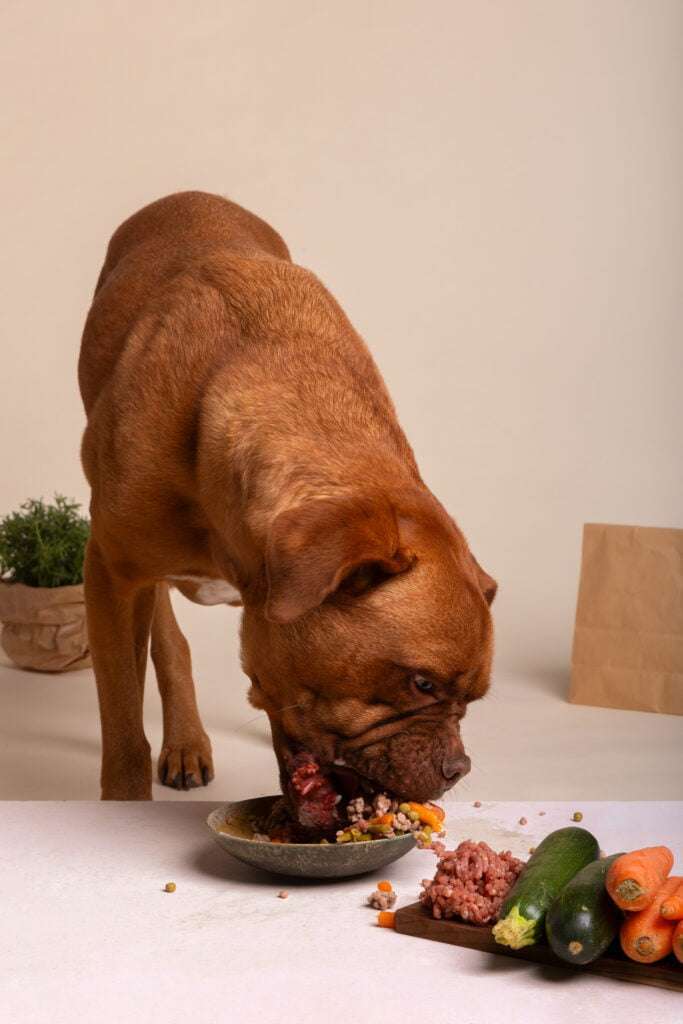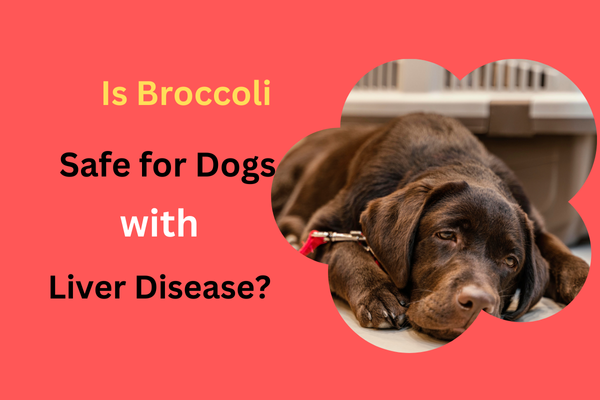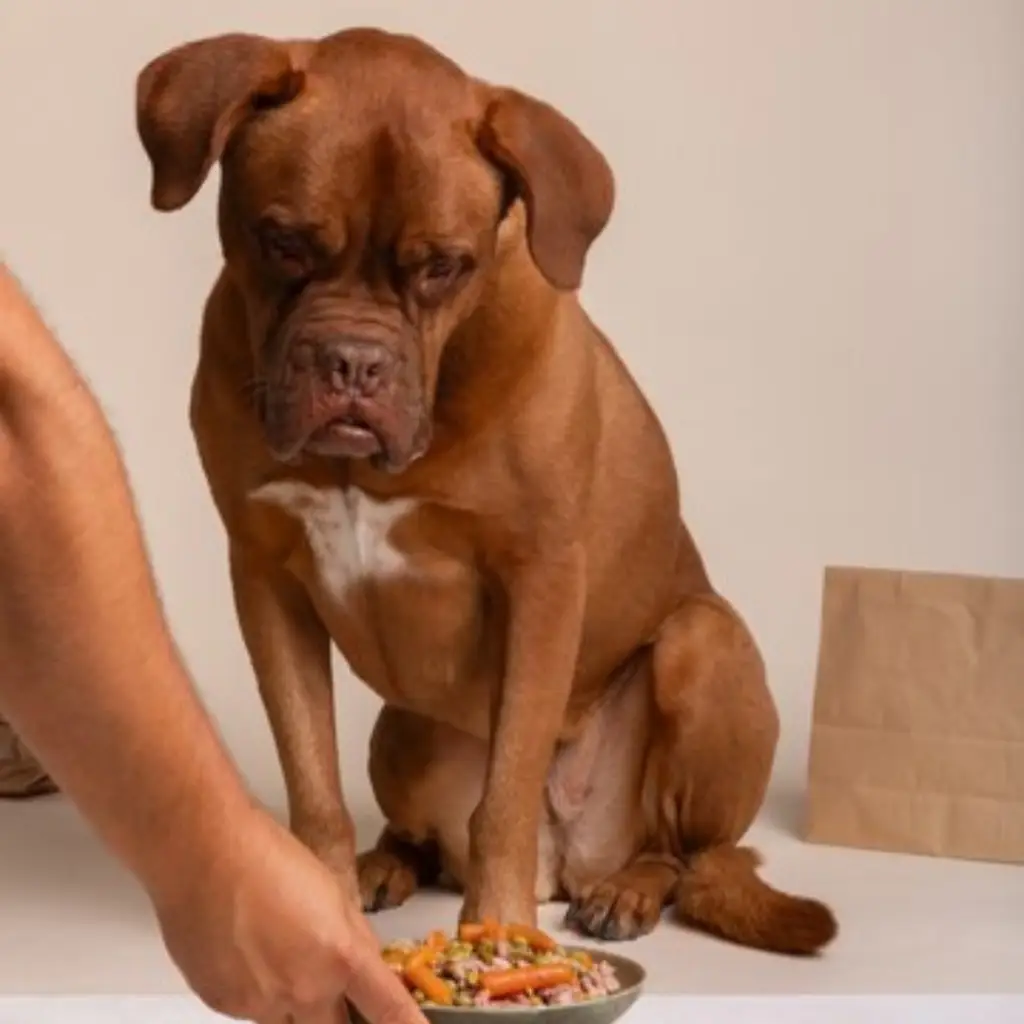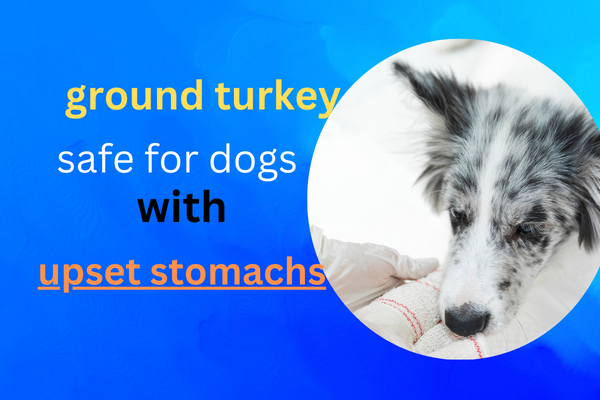Introduction
You may already know that Labrador Retrievers are playful, loyal and have an abundance of energy; they’re commonly bred for hunting large game and haven’t changed much in those respects. But their health and vitality needs a special balanced and nutritious diet adjusted to each of them. When you’re feeding a puppy, caring for an adult Lab, or supporting a senior Lab, getting the right food choices down is key to its growth and overall wellbeing.
In this comprehensive labrador food diet guide, we will cover what to feed labrador, portion sizes, managing weight and allergies tips. It’s time to move on to Labrador nutrition…
Why is Diet Important for Labradors?
1. It supports growth and development.
Since they grow so fast, Labrador puppies require protein, calcium and healthy fats to promote muscle and bone development.
2. Prevents Obesity
Labradors are a breed prone to overeating and weight gain. A well balanced diet keeps my weight balanced and reduces risk of joint problems, diabetes, heart problems and etc.
3. Enhances Coat and Skin Health
Omega 3 fatty acids and vitamins are responsible for nutrients for a shiny coat, skin free of dryness and shedding.
4. Boosts Energy and Longevity
All high quality food fuels your Labrador’s active lifestyle and therefore you always have a playful, energetic dog.
Labrador Essential Nutritional Needs
1. Protein
The core of any Labrador’s diet is protein. It helps in muscle growth, repair as well as a general healthy body. Ideal protein sources include:
- Chicken
- Beef
- Fish
- Turkey
2. Healthy Fats
Fats supply energy and supply your Labradors coat with a nice luster. Sources of healthy fats include:
- Fish oil
- Flaxseed
- Chicken fat
3. Carbohydrates
Notwithstanding, carbs offer digestible energy that is not the chief energy source. Opt for whole grains and vegetables, such as:
- Brown rice
- Sweet potatoes
- Carrots
4. Fiber
Fiber is good for good digestion and prevents constipation. Pumpkin and green beans are both good sources of fiber.
5. Vitamins and Minerals
Vitamins A, C, D, and E, as well as minerals like calcium and zinc, are essential for overall health, strong bones, and immune support.

Best Foods for a Labrador Food Diet
High-Quality Commercial Dog Foods
AAFCO (Association of American Feed Control Officers) labeled dog food, ‘complete and balanced.’ First of all brands with real meat as the first ingredient are ideal.
Homemade Meals
With homemade diets you have control over the quality and freshness of the ingredients. Make sure they contain a combination of unprocessed lean proteins, healthy fats and vegetables.
Raw Diets
Raw diets are some foods that you might find some Labrador owners prefer to feed their dogs with, which are uncooked meat, bones and vegetables. Before starting on a raw diet you should always consult your vet.
Labrador Diet by Life Stage
1. Labrador Puppy food Diet
- High protein and fat puppy food are what to feed puppy food.
- Portion size: They eat 3-4 meals a day, but by 12 months they’re down to two.
- Key ingredients: Brown rice, chicken, sweet potatoes, and fish oil.
2. Adult Labrador food Diet
- Eat balanced protein, fat, and carbs at an ideal weight.
- Portion size: Two meals a day. Depends on activity level.
- Key ingredients: Oats, lean meats, and green beans.
3. Senior Labrador food Diet
- To prevent becoming overweight or obese.”
- With glucosamine and chondroitin, for example, include joint supporting supplements.
- Key ingredients: Pumpkin, spinach, flaxseed and fish.
Homemade Diet Plan for Labradors
Recipe 1: Chicken and Veggie Bowl
Ingredients:
- 1 cup cooked chicken breast (shredded)
- 1/2 cup steamed carrots
- 1/2 cup cooked brown rice
- 1 teaspoon fish oil
Instructions:
- Cook the chicken and shred into bite-sized pieces.
- Steam carrots until soft.
- Mix chicken, rice, and carrots in a bowl. Add fish oil before serving.
Recipe 2: Beef and Sweet Potato Delight
Ingredients:
- 1 cup ground beef (lean)
- 1 cup mashed sweet potatoes
- 1/4 cup spinach (chopped)
Instructions:
- Cook ground beef until fully browned.
- Boil and mash sweet potatoes.
- Mix beef, sweet potatoes, and spinach thoroughly.
Managing Common Labrador Dietary Issues
1. Obesity
Labradors are prone to weight gain due to their love of food. To manage weight:
- Measure portions carefully.
- Avoid overfeeding treats.
- Incorporate daily exercise, such as walks and playtime.
2. Food Allergies
Some ingredients are easily become allergies for Labradors, such as wheat, corn, or even beef. Itches, ear infections and stomach upset are the notable symptoms. If allergies occur, switch to hypoallergenic or limited ingredient diets.
3. Joint Problems
Hip dysplasia affects Labradors all the time. Glucosamine, chondroitin and omega 3 fatty acids are supplements that could help with joint health.
Tips for Feeding Labradors
- Stick to a Schedule: Give your Labrador the same amount of food at the same time every day.
- Avoid Overfeeding: The truth is that proper portion sizes have to be measured using a measuring cup.
- Limit Human Food: While some human foods are dangerous for dogs, including chocolate, onions and grapes to name a few.
- Stay Hydrated: Always provide fresh water.
Conclusion
The main ingredient for the health and happiness of your Labrador retriever is feeding them a balanced and nutritious diet. If your LabradorRetriever does not get high quality food, eat commercial nutrition, home prepared or raw you simply cannot guarantee they do a long, energetic life.
Puppies play hard, adults stay active, seniors need less work but need it just as much, so whether you have a playful puppy, an active adult or a senior companion depending on their unique needs is necessary for their well-being. Consult your vet and pay close attention to what your Lab is changing about his needs.
FAQs About Labrador Food Diet
1. How much should I feed my Labrador?
For a routine active adult Lab, 2 to 3 cups of food a day should be sufficient.
2. Can Labradors eat raw meat?
Raw diets can be seen as yes, but only if they are prepared in a balanced manner, under the advisement of a vet, to avoid bacterial contamination.
3. Healthy what treats for Labs?
Small pieces of apple (without seeds), or commercially available low calorie treats are healthy treats.
4. Are grains bad for Labradors?
Just no–unless your Labrador is a grain allergy sort of thing. Brown rice and oats are energy rich whole grains.
5. When do you need to adjust our Labrador’s diet?
As a Lab grows up, changes activity, and/or gains weight, change their Lab’s diet. They recommend regular vet check-ups, to fine-tune their nutritional needs to avoid adverse reactions from inadequate dietary availability.
